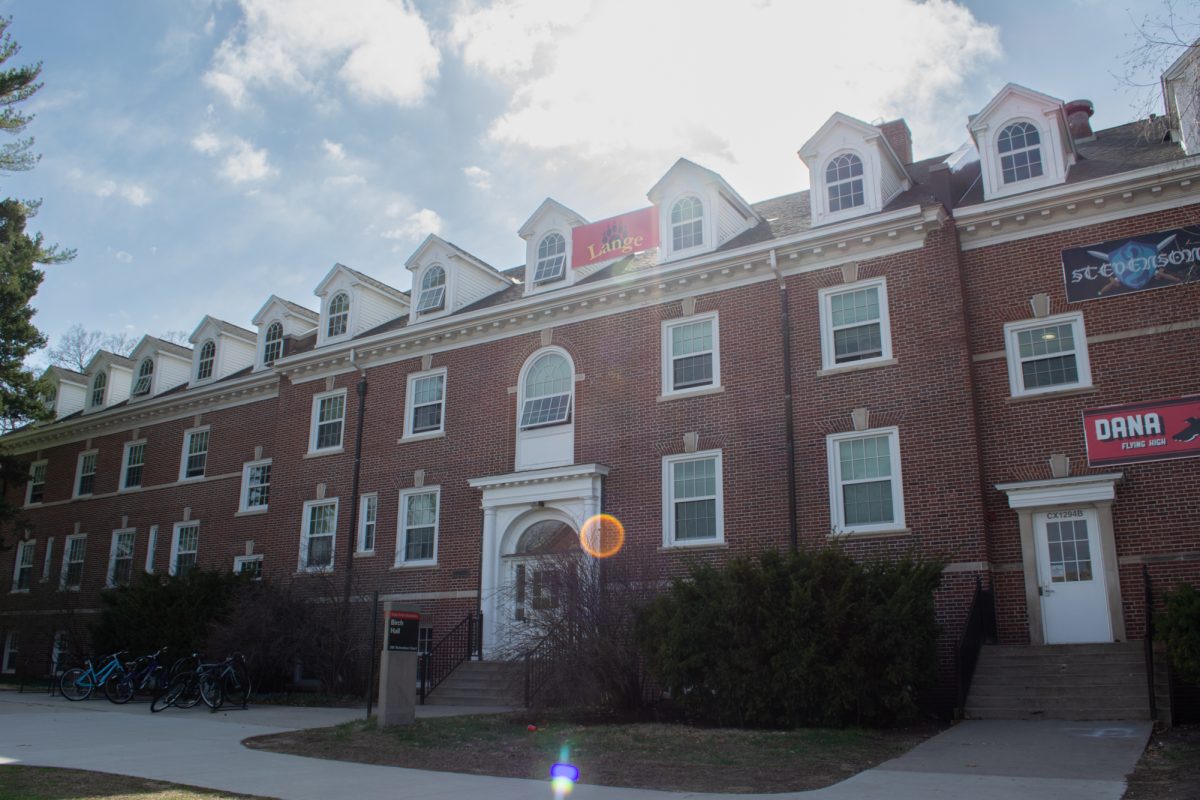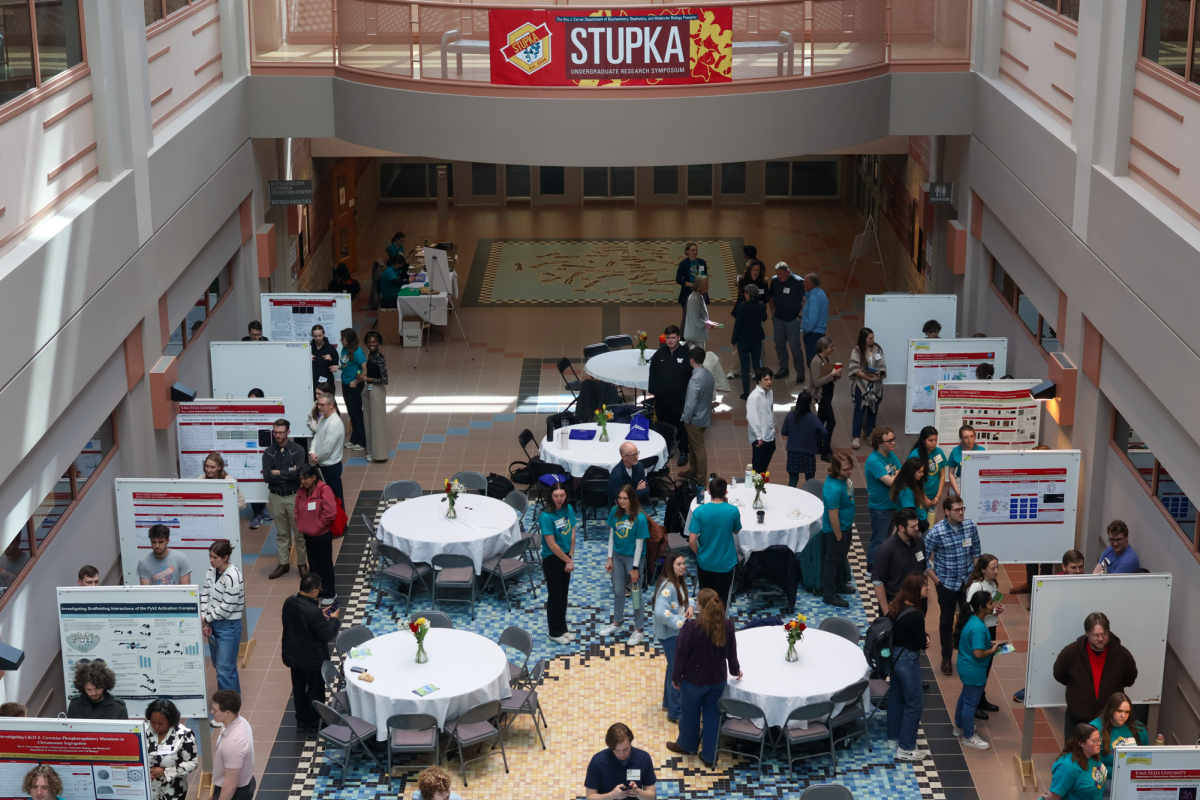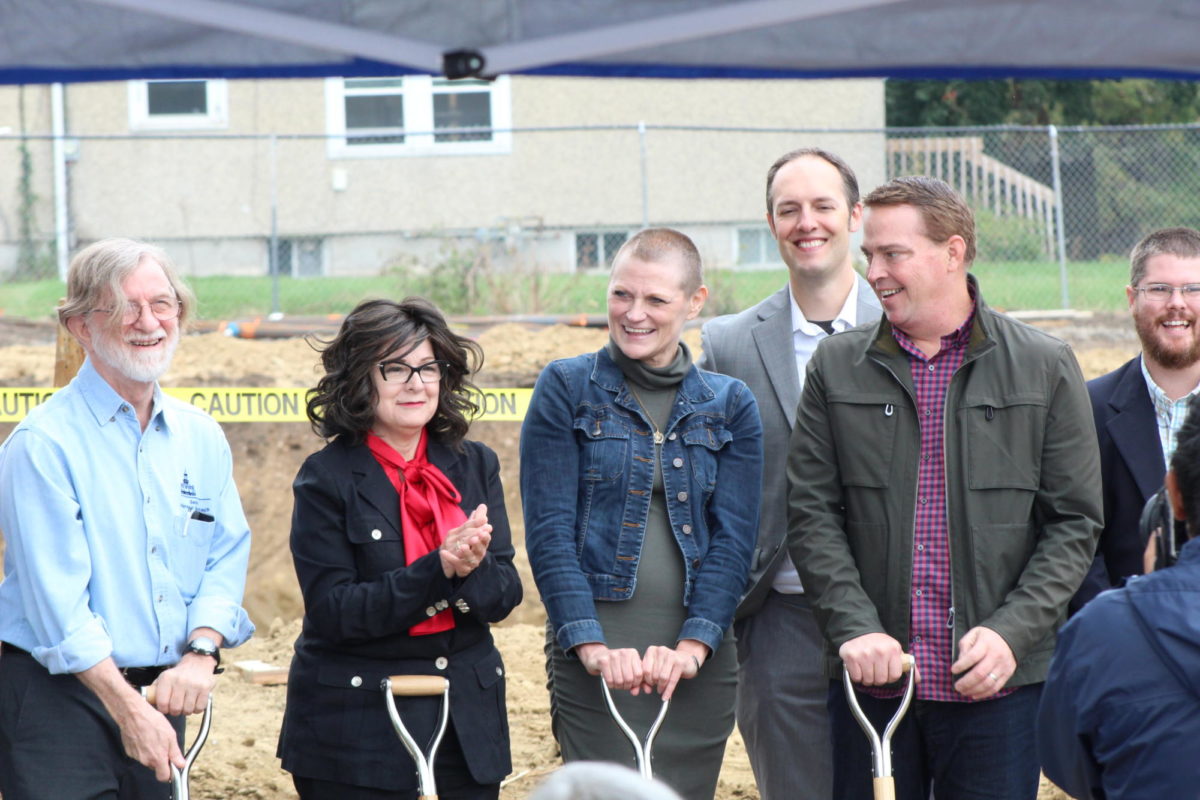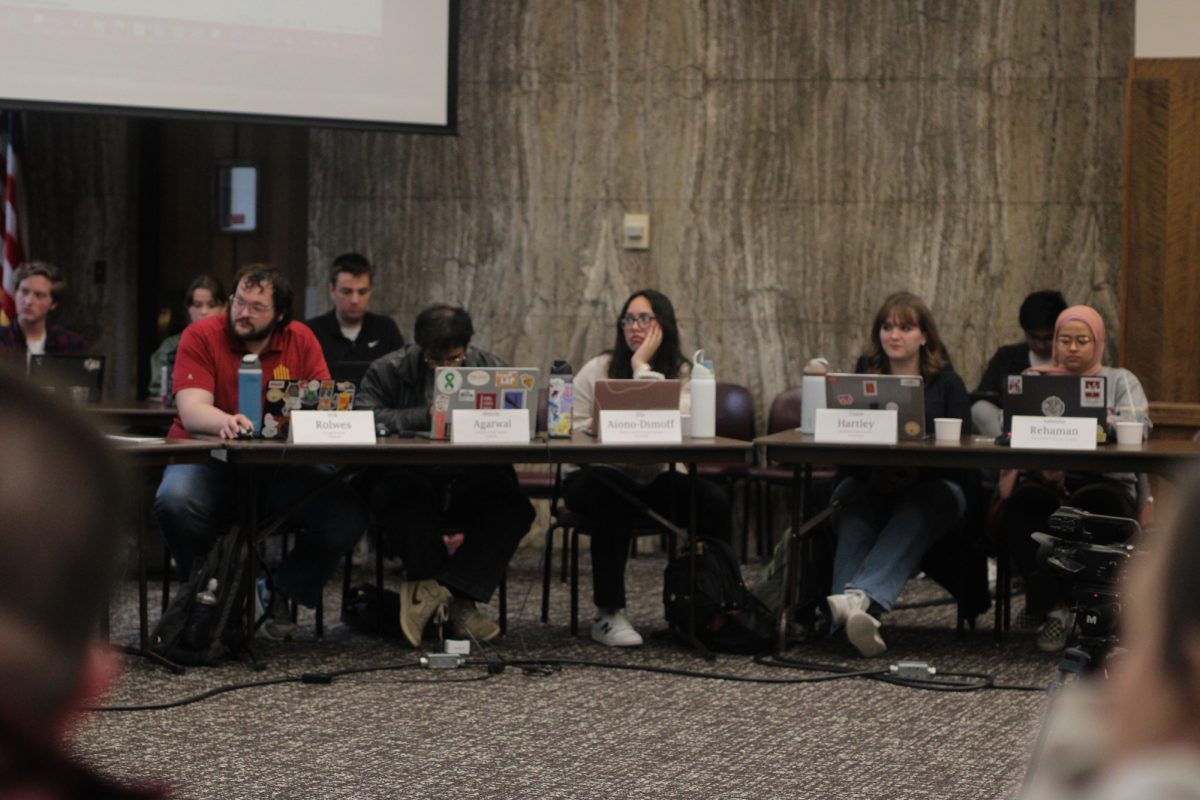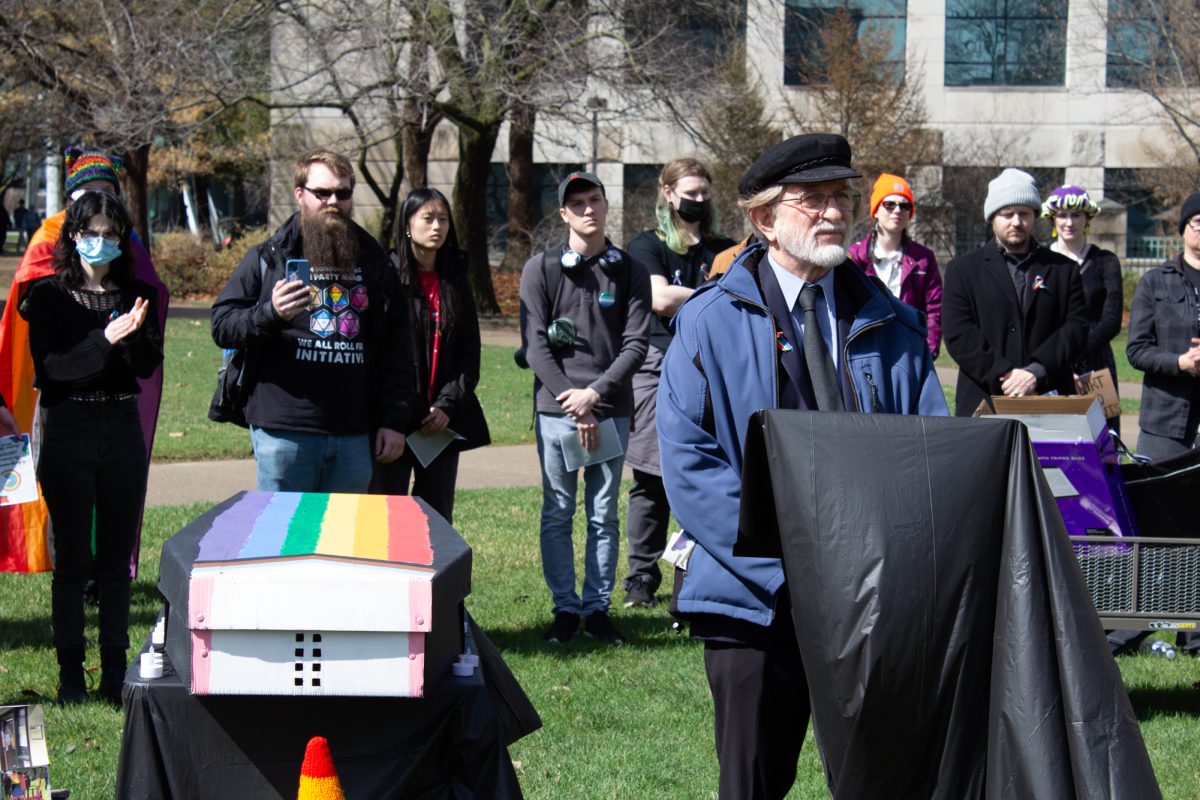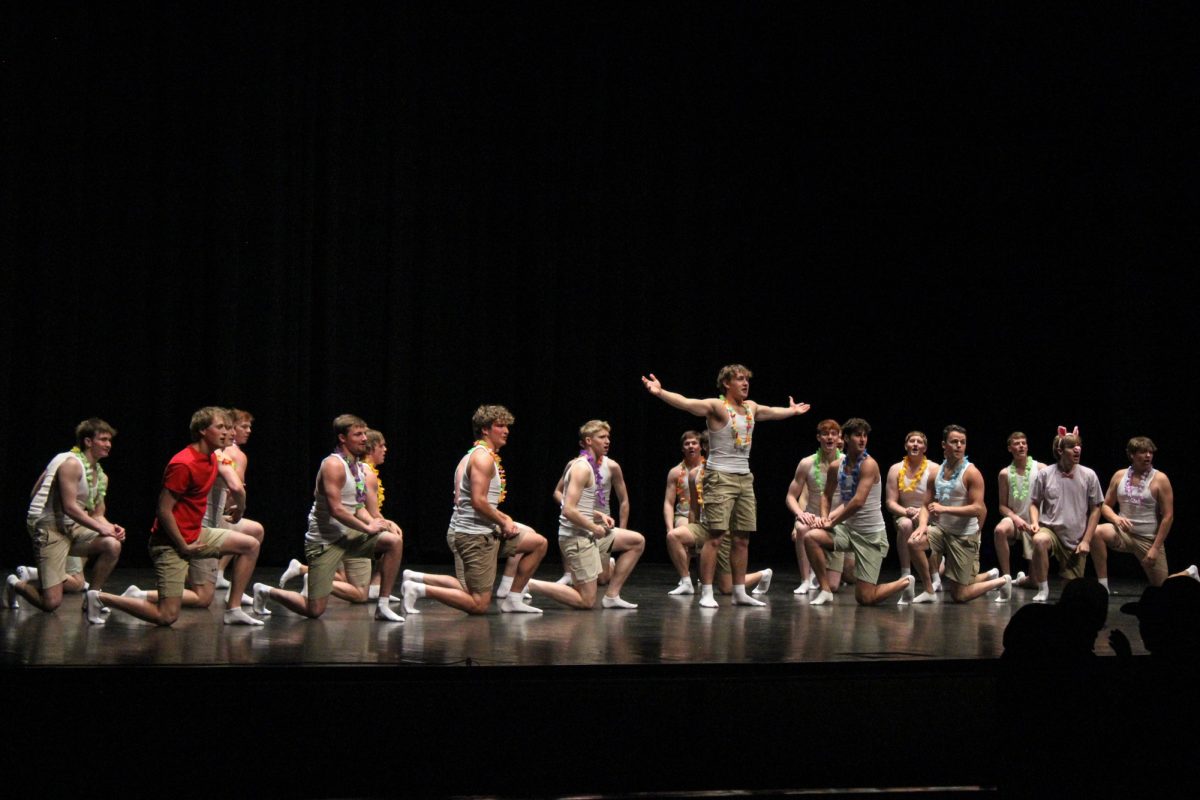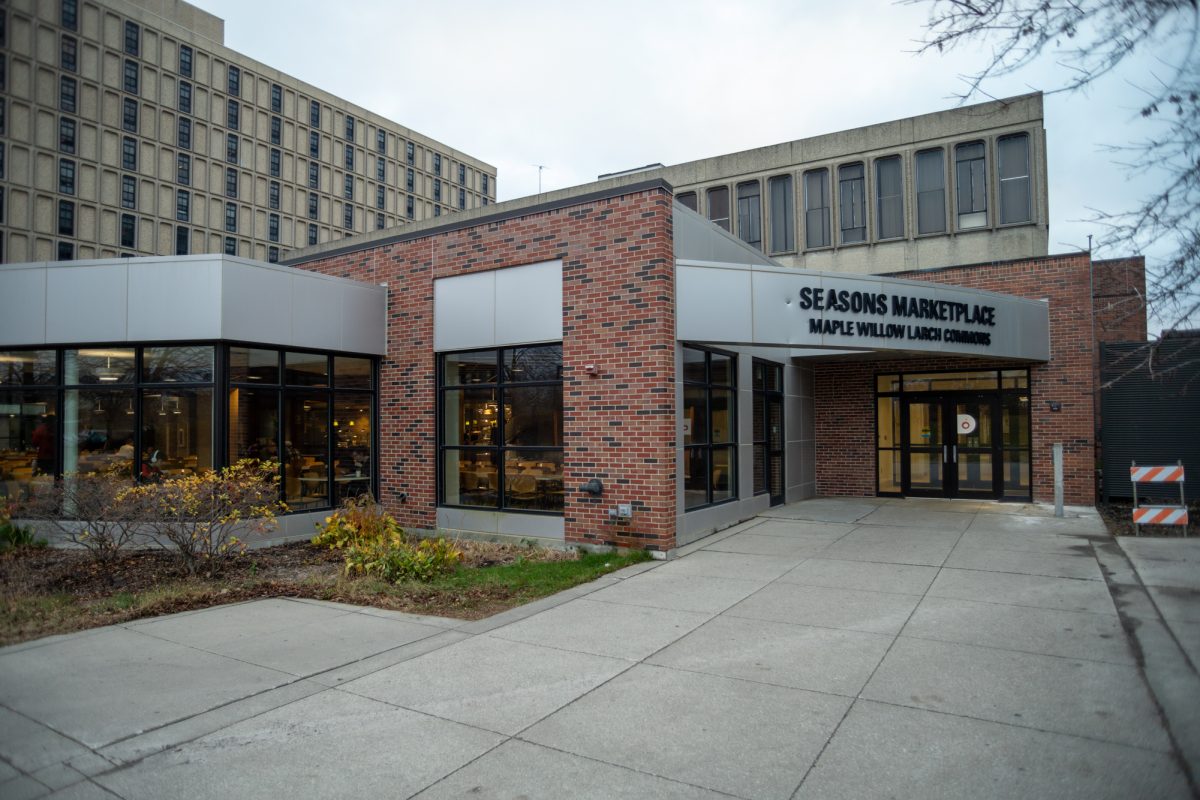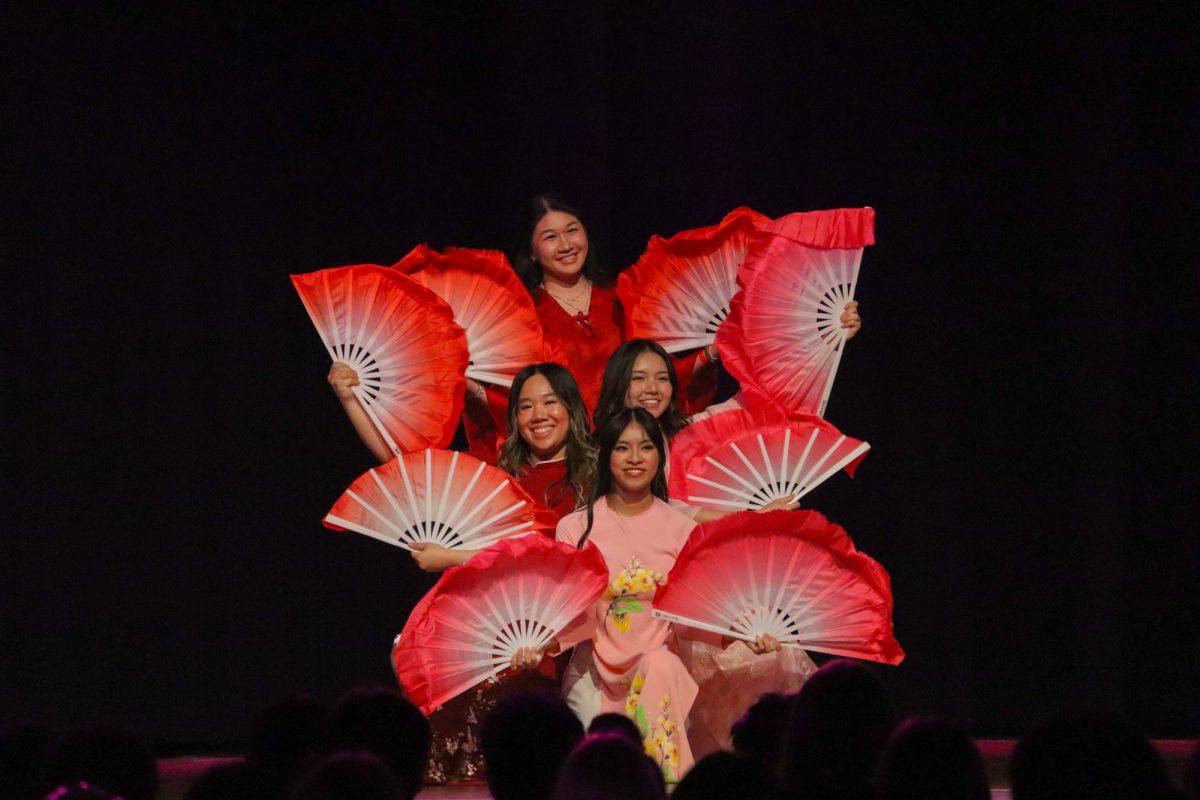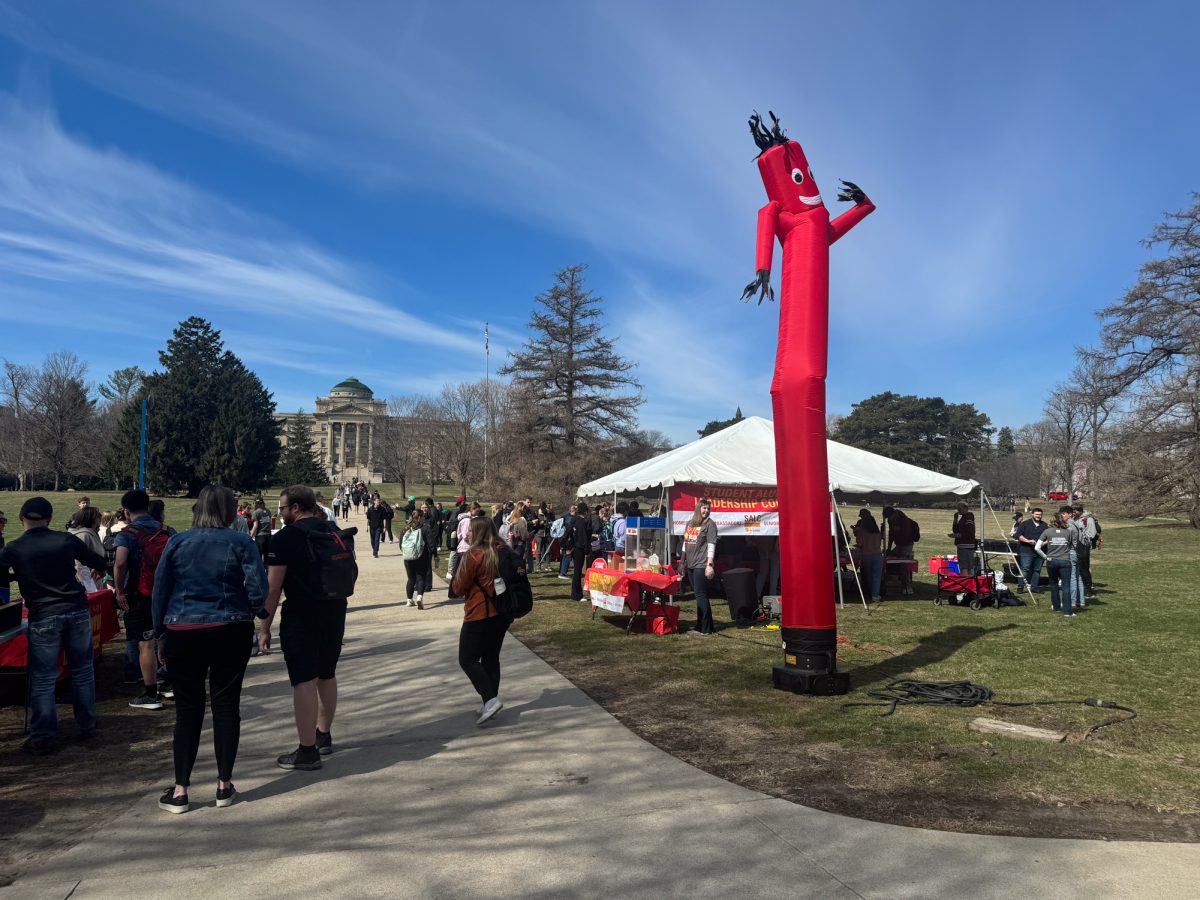The newly named dean of the College of Liberal Arts and Sciences (LAS) has officially stepped into his role, bringing with him experiences in advocating for creativity and improving student retention and recruitment.
Benjamin Withers began serving as the new dean of the College of LAS on April 15 after accepting the position in November. He is taking over for former dean Beate Schmittmann, who served in the role for 12 years.
Prior to joining Iowa State, Withers served as the dean of Colorado State University’s College of Liberal Arts. He also dedicated 12 years to the University of Kentucky as chair of the department of art, director of the honors program and associate provost for undergraduate education.
Withers earned his bachelor’s degree from Carleton College in Minnesota and a master’s degree from the University of Chicago, both in art history.
Looking to the Future
Withers said one of the things that excites him about Iowa State is the size of the College of Liberal Arts and Science. The disciplines encompassed in the college at Iowa State are divided into three separate colleges at Colorado State, making it less varied and half the size, according to Withers.
“[Iowa State’s College of LAS] includes a much more diverse array of disciplines, and I think that looking at the landscape of higher education today, it’s important that those disciplines come together,” Withers said. “It’s going to take interdisciplinary teams of faculty to be able to look at what we call some of those wicked problems that Iowa faces or that the country faces.”
Withers said he is excited to bring what he has learned about new student recruitment to Iowa State’s LAS majors. While at Colorado State, Withers said he helped increase the number of first-year students entering the College of Liberal Arts by 30%.
During his first months as dean, Withers plans to meet with a wide range of people and learn more about the campus itself.
“My job in the first 100 days, especially the first part of those 100 days, is just to meet and listen to people,” Withers said. “I want to hear what they think is working well, and I want to hear what they think we might be able to change.”
Toward the end of those first meetings, Withers intends to create a clear timetable or outline on how to continue those conversations and follow through on the changes they hope to make in the future.
Withers said there are several changes likely to be seen for higher education in general, as there are many ongoing conversations on how universities educate, how people afford higher education and the value of research.
“I think a college like liberal arts and sciences can provide a lot of answers to those questions that we’re seeing nationally,” Withers said. “I’m looking forward to seeing how we can help the college to be a leader on campus and then even more broadly in these crucial issues of access that we face in higher education today.”
Early personal interest in higher education
Withers said he grew up on a farm in the northern part of Kentucky in a relatively poor area. His grandfather regularly used the extension service of the University of Kentucky to improve his farming, which gave Withers an early real-life association with higher education, particularly land-grant universities.
“I saw the ability to go to school myself as a way of improving my situation and my family’s situation, and I saw it as being able to lead to a better life for me,” Withers said.
After attending Carleton College for his undergraduate degree, Withers attended graduate school at the University of Chicago, where he found enjoyment in his own research and in helping faculty improve as teachers and researchers.
“Ultimately, what I want to do is to create a kind of environment where students from all different backgrounds can come to the university and experience that same kind of life-changing experience that I was fortunate to have,” Withers said.
Past achievements and experiences
During his time at the University of Kentucky, Withers contributed to the creation of a new set of general education requirements, which included a new requirement focused on creativity. Withers said he advocated for an added creative component because of his background in art history, where creativity plays a key part in what students do.
“I see a lot of parallels and connections [at Iowa State] with the emphasis on innovation and entrepreneurship because of course innovation and entrepreneurship involve a heavy dose of creativity, too,” Withers said. “So I’m excited to see those things come forward.”
As associate provost for undergraduate education, Withers was involved in working with all of the colleges at the University of Kentucky on student retention, persistence and graduation rates. Withers said that he and his colleagues set, at the time, all-time highs in the percentage of first-year students who graduated in both four and six years.
At Colorado State, Withers contributed to fundraising efforts for the College of Liberal Arts, which allowed Withers and his colleagues to create a new batch of scholarships. These scholarships focused on supporting students in using the values from the liberal arts, humanities, social sciences and performing arts to emerge as leaders on campus and in their respective communities.



